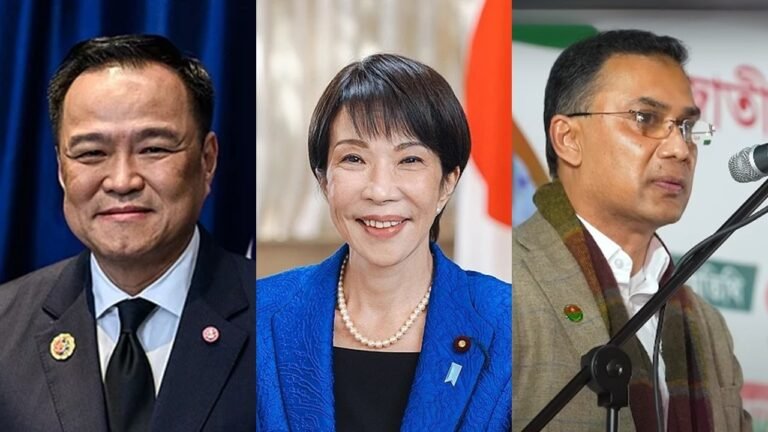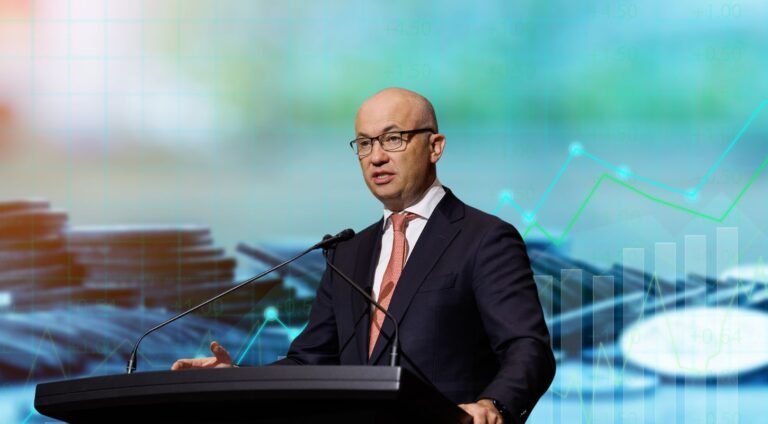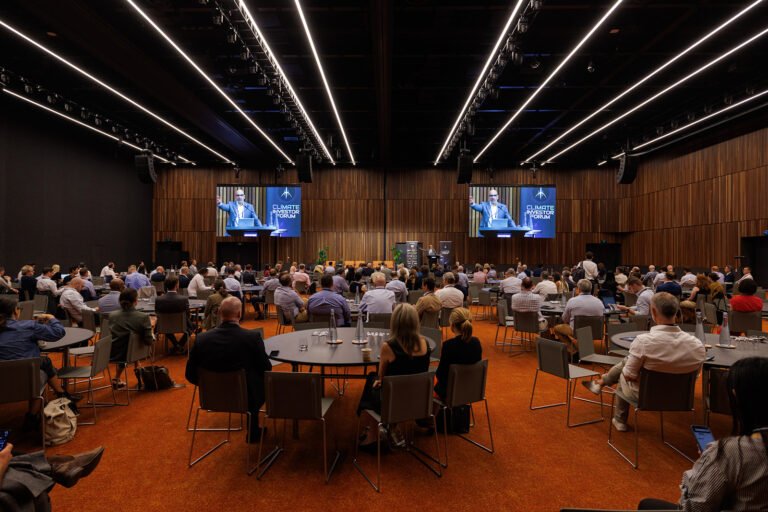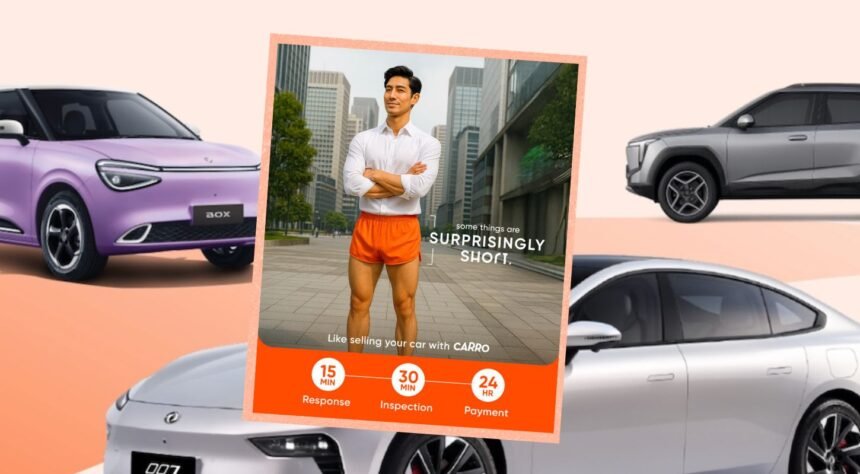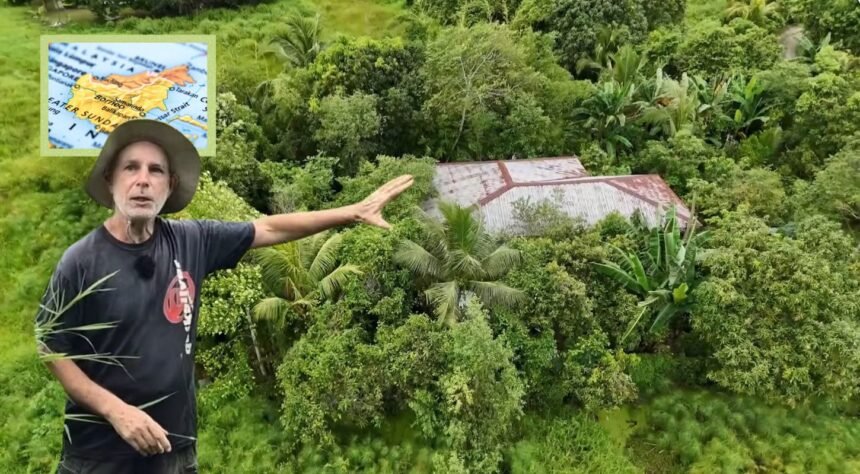BYD e2 battery electric car imported from China at the Pannita Auto Fair in Yangon, Myanmar Image Source: Myo Kyaw Soe/Xinhua-
Myanmar has seen a more than sixfold increase in the number of electric vehicles (EVs) within the past year, driven by the military regime’s policies of exempting EVs from tariffs and banning the import of gasoline-powered cars.
New EV showrooms have emerged in Yangon, Myanmar’s economic hub.Some of these showrooms feature Chinese brands like BYD, while others are yet to be filled with vehicles. This surge in EV adoption has been facilitated by a new regulation effective from February 1, which mandates the establishment of a showroom for importing EVs.
Approximately 85 companies currently possess licenses for conducting EV-related businesses, as reported by the regime’s steering committee on national EV development. Showrooms without specific brand names indicate operators who are gearing up to enter the EV market.
The Myanma regime is aiming to expand the EV market through competition, in an effort to reduce expensive gasoline imports. In 2022, the regime prohibited the import of gas-powered cars to bolster its dwindling foreign currency reserves.
Import tariffs for EVs were abolished in January of the previous year, a policy set to continue until this March. As of 31 January 2024, over 2,200 EVs had been registered, according to the Ministry of Transport and Communications.
The number of registered EVs saw a 6.5-fold increase from the previous year, with approximately 1,900 EVs registered in the year ending in January alone.
A man who commutes 200 kilometers from Yangon drives an EV manufactured by Neta, a subsidiary of the Chinese maker Hozon New Energy Automobile. He appreciates the cost savings on gasoline and the comfortable ride the EV provides.
Gas prices in Myanmar have soared to record levels due to disruptions in fuel imports and distribution caused by a shortage of foreign currencies. The cost of driving a Neta for 100 kilometers is 80% less than that of driving a 1.5-liter engine minivan over the same distance.
Local dealer Grand Sirius sells the Neta. The Neta V is priced at 77 million kyat ($36,700), while the Neta U Pro costs 50% more. Approximately 200 Netas from both series have been sold since the brand entered the market last year.
MG, a subsidiary of Shanghai-based SAIC Motor, has been showcasing EVs in shopping malls and other locations to raise brand awareness. Leapmotor, a Chinese EV maker backed by the Euro-American auto group Stellantis, has adopted a similar strategy.
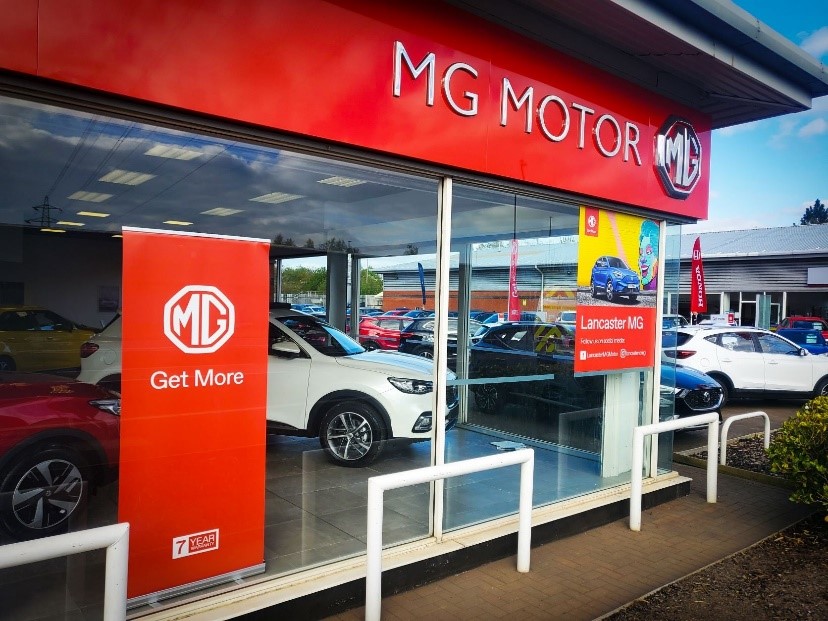
source : MG Motor
MG has sold about 300 vehicles to date, with around 100 additional preorders, according to NPK Motors, which distributes both MG and Leapmotor vehicles.
Toyota Motor’s strategic model bZ4X can also be seen in Yangon. However, these vehicles are manufactured in China by a joint venture, and Toyota is not involved in their import into Myanmar.
Essential Motors, which imports and distributes BYD cars, is planning to construct an assembly plant. The company is in the process of acquiring land and a permit for the project, and discussions with BYD and other stakeholders are ongoing, as per the entrepreneur leading the initiative.
Myanmar’s EV market is experiencing rapid growth, with Chinese brands capturing a significant market share. This trend seems to be less a result of the close political ties between the two countries and more a result of Myanmar being a destination for the surplus production of Chinese EVs.
One of the factors attracting Myanmar consumers to EVs is their relatively low purchase price. For instance, Leapmotor’s T03 is priced at around $26,000, while a locally manufactured used Suzuki Motor Ertiga minivan in good condition would cost about $33,000.
Myanmar’s military regime has imposed a ban on the import of gasoline-fueled cars for over two years and has also restricted foreign-currency transactions by local manufacturers, with the aim of improving the country’s trade balance and conserving foreign currency.
These measures have impeded the import of auto parts, thereby limiting operations at plants run by automakers such as Suzuki and Toyota and contributing to a supply shortage that has led to price increases.
Another significant factor is the absence of traditional automakers, that primarily focus on vehicles with internal combustion engines.
In Myanmar, the majority of vehicles are pre-owned and imported from other markets. The automotive industry has been subject to import restrictions since the era of the former military regime, which was in power before the transition to civilian rule in 2011. These restrictions have obstructed the development of a comprehensive industrial foundation, ranging from parts manufacturing to vehicle assembly.






